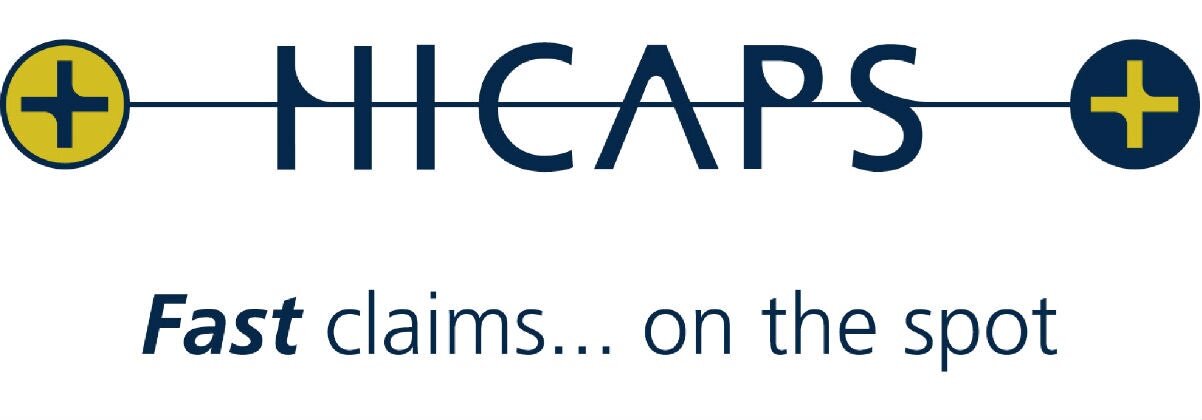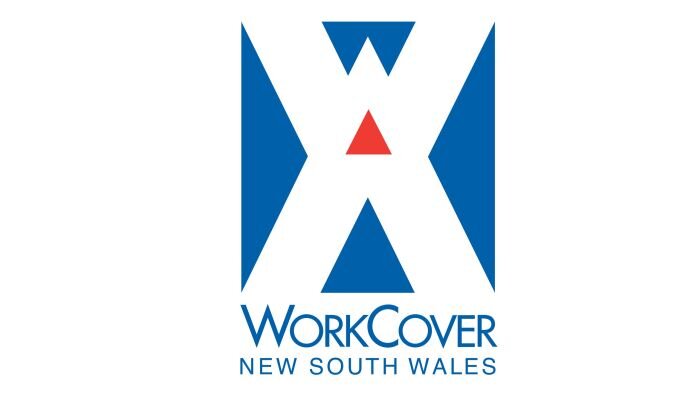Muscle Strain
What is Myalgia?
The most common source of myalgia (or muscle pain) is a muscle strain due to overstretching. A muscle strain may also be referred to as a pulled muscle or a muscle tear. A muscle strain can vary in severity from mild to severe and ultimately, a complete muscle rupture.
Either way, your muscle strain will result in muscle pain, or at least muscle soreness, plus reduced muscle function including muscle weakness, stiffness or tightness.
What is a Muscle Strain?
Commonly, your muscle strain will occur at high-speed when your muscles are overloaded. The most common high-speed muscle injuries occur in your hamstrings (hamstring strain), quadriceps (thigh strain), calf (calf muscle tear), back (back muscle pain), groin strain. But, obviously, any muscle in your body is susceptible to a muscle strain or tear.
You can also suffer a fatigue-related muscle strain from sustained postures. Back muscle strain, shoulder and neck muscle strains are often postural fatigue-related muscle strains. Text neck has become a common condition due to postural fatigue while overusing your phone.
Another common source of myalgia can be related to excessive muscle microtrauma from an overdose of exercise. This condition is known as DOMS or delayed onset muscle soreness. Other overuse injuries such as RSI - repetitive strain injury, results from a combination of postural fatigue and overuse of the smaller upper limb muscles. Luckily, early assessment and prevention strategies have virtually eliminated RSI from offices in the western world.
What are the Characteristics of a Muscle Strain?
Muscle strains have the following symptoms:
Muscle tightness
Bruising
Weakness
Inability to fully stretch your injured muscle
The most severe the muscle strain obviously has more significant symptoms.
Muscle strains range from a mild muscle strain (grade one), moderate muscle strain (grade two) to a severe muscle strain or complete muscle rupture (grade three).
Muscle Strain Treatment
Muscle strain treatment will vary depending upon an accurate diagnosis from your health professional. The severity of your muscle strain, and what function or loads your injured muscle will need to cope with, will impact the length of your healing and rehabilitation process.
Until you’ve been accurately diagnosed with a muscle strain, use the following guidelines:
Ice and a compression bandage.
Elevate the injured region if it is swollen.
If it’s painful to walk you should be using crutches.
Cease or reduce your exercise or activity level to where you feel no pain.
Muscle strain can take anywhere from a few days to several weeks to rehabilitate successfully. Please seek the advice of your sports chiropractor, doctor or your health care practitioner who specialises in muscle injuries eg massage therapist, to guide your treatment.
How to Return to Sport/Work after a Muscle Strain
Returning to a sport or work can be easy or complicated depending on the muscle affected and the demands of your sport or work. Some muscle tears such as hamstring, thigh, groin and calf tears are notorious at re-tearing once you resume sport. The professional advice of your sports chiropractor is highly recommended.
Likewise, if your work involves lifting or fatigue postures, your healthcare professional will be able to assess you and advise you when you are at a lower risk to return to work or provide you with the appropriate exercise program to build your strength and ability to cope with your work duties.
Ideally, you should undertake:
an assessment of your muscle function, core stability and biomechanics to avoid injury recurrence.
a remedial or sports style massage to ensure that any scar tissue doesn’t clump.
a muscle rehabilitation program that incorporates components of strength, endurance, flexibility and speed that is specific to your chosen sport.
a neural tissue dynamics assessment to ensure that no nerve tissue has become entrapped in the scar tissue.
application of a heat retainer to the area when you return to sport.
application ice therapy after any training sessions.
If you suffer a muscle strain which fails to respond after a few days or continues to niggle, please contact your sports chiropractor.
Related Muscle Pain Injuries
Myalgia, or muscle pain, can have many sources. Here are some of the more common sources of your muscle pain. Please click the links for more information.
Muscle Strains
Neck & Back Sources:
Back Muscle Pain
Side Strain (Abdominal)
Neck Sprain
Text Neck
Whiplash
Leg Sources:
Hamstring Strain
Thigh Strain
Groin Strain
Calf Muscle Tear
Upper Limb Sources:
Golfers Elbow
Tennis Elbow
Haematoma-related Myalgia
Corked Thigh
Fatigue-related Myalgia
DOMS - Delayed Onset Muscle Soreness
Cramps
RSI - Repetitive Strain Injury
Piriformis Syndrome
Systemic Causes of Myalgia
Fibromyalgia
Rheumatoid Arthritis
More Information: Myalgia
Muscle Strain (Muscle Pain)
Common Treatments for Muscle Strain
Your chiropractor is able to assist the rehabilitation of your muscle strain. Please seek their professional advice prior to self-managing your injury to avoid aggravating your muscle strain. These are general guidelines only and should not be treated as individual treatment advice.




